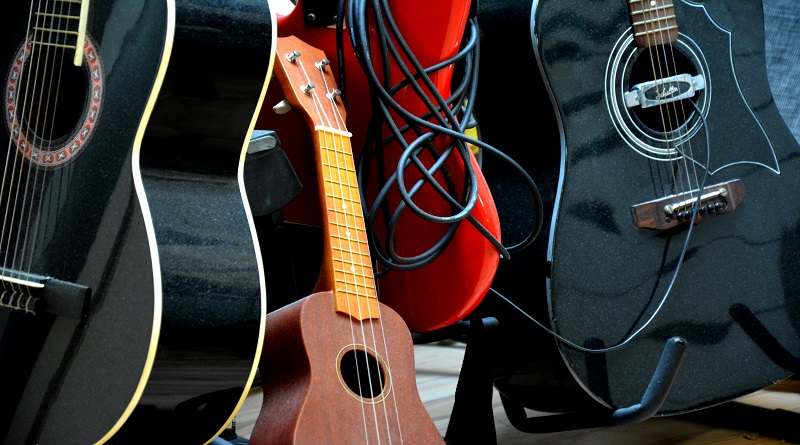Do you have creativity and want to work in the world of music production? Do you have ideas that you want to bring to life while working with clients to build new material and possibly groundbreaking material? Why not try? This course cloud works for you.
What is Audio and Music Production
This course helps students to assume key creative in architectural roles in the process of analysing, developing and realizing the creative intentions of the client to a commercial conclusion.
What third level courses are available?
Universities and colleges in Ireland are offering courses in the following subject areas:
- Audio and Music Production – DKIT
Related:
- Audi Production and Music Project Management
- Communications and Media Production
- Creative Digital Media
- Communication and Media Production
- Film and Creative Media
Studying Audio and Music Production in college
Audio and Music Production is a course offered by DKIT and is a four year course. It is a Level 8 course that will give you the opportunity to develop your skills and knowledge in the area by being a very ‘hands on’ course where you will learn by doing. There are many similar courses available as well as PLC courses that might offer you some direction.
Your first year of any undergraduate course will act as a foundation year. You will become familiar with the basic principles of both audio and music production. You will also become familiar with what is to come throughout your course and develop your skills and interest in different areas.
In your first year you will cover modules such as Microphone Applications and the Recording/Playback Chain, Properties of Sound, The Digital Audio Workstation, Introduction to Musicianship, Academic Writing and Research Skills, Popular Music Genre Studies, Recording Electric and Acoustic Instruments, Studio Environment, Musicianship for the Music Producer and more.
In your second year of your course you will begin to cover more in-depth and complex areas to build on the fondation you gained in first year. You will study modules from Sound Synthesis, Audio Signal Processing, Mixing Fundamental and Elements of Popular Music: Piano & Strings to Vocal Production, Live Sound, Elements of Popular Music: Songwriting and Electronic Music Production. Your second year will also provide you with the opportunity to study abroad on the Erasmus programme.
In your third year you will do your work placement to gain experience of working in the field of Audio and Music Production. You will develop your skills and knowledge and be able to apply all you’ve learned in the working world. You will also focus on modules including Audio Industries, Electroacoustic Composition, Advanced DAW Techniques, Studio Acoustics, Advanced Live Sound and Sound Design & Implementation.
Your fourth and final year of your study will cover modules from Advanced Mixing, Culture, Society & Popular Music, Major Project (year-long) and Production Sound for Media to Mastering, Preparation for Industry and Post-Production Sound for Media. All the above modules are subject to change and are intended to be used as a guide only.
Career Options
This course offers a wide variety of career opportunities for those who are creative and disciplined. Examples of jobs you can gain from this degree include Record or Music Producer, Recording Engineer, Promotional and Advertising Manager, a Programmer and more.
There are also job opportunities in research and education as well as the opportunity to continue your study at postgraduate level to specialise in an area of your interest.
Skills and qualities that are important in this area include excellent creativity skills, confident, disciplined, computer skills, excellent communication skills, the ability to work well with others, organisation skills, time management skills and the ability to meet deadlines and work under pressure.
Related Jobs
- Composer
- Sound for Film
- Radio Production
- Record/Music Producer; Recording Engineer
- Sound Reinforcement Engineer
- Sound Designer
- Music related journalism
FAQ
Different courses and different colleges will have different entry requirements. It’s always safest to check with the individual higher education institution which is available on their websites. As a general rule. Leaving Cert students should have a minimum of six subjects which should include: Two H5 (Higher Level) grades and Four O6 (Ordinary Level) grades or four H7 (Higher Level) grades. Subjects must include Mathematics, Irish or another language, and English.
Specific courses may have their own requirements.Certain QQI courses may be accepted.
The points needed to study Audio and Music Production in DKIT last year were 301 points. There were 30 places available.
Where can I study?
For other courses in the area you would like to explore, you can do so here.
Did you know?
-
- Listening to music has been said to increase physical performance
- ‘Shape of You’ by Ed Sheeran is the most streamed song on Spotify
- One of the most famous and earliest music producers was Joe Meek
Resources












Comments